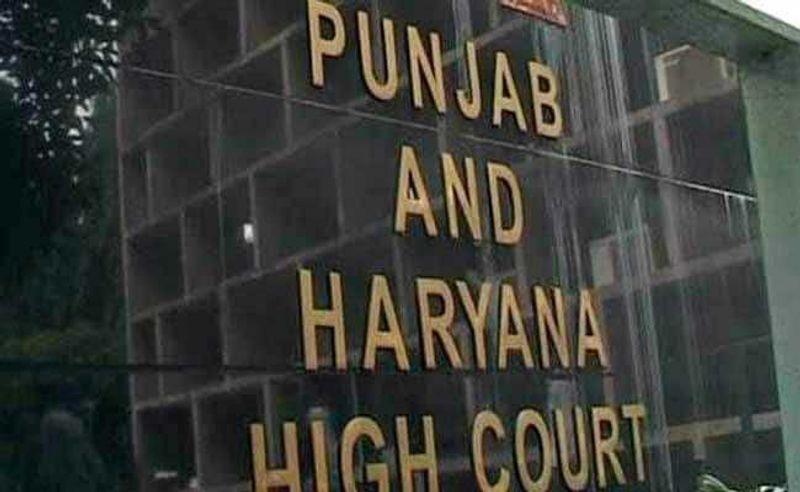
HC Strikes Down Haryana’s Bonus Marks Policy as Unconstitutional
In a significant judgment, the Punjab and Haryana High Court has quashed and set aside the state of Haryana’s June 2019 notification awarding up to 10 bonus marks for “socio-economic criteria and experience” in recruitments. The court held that the policy is in violation of Articles 14, 15, and 16 of the Constitution, which guarantee equality, freedom from discrimination, and equality of opportunity to all citizens.
The judgment was delivered by a single-judge bench comprising Justice Rajiv Narayan Sharma, who observed that the same is accordingly declared ultra vires. This means that the policy is null and void, and the state of Haryana cannot implement it.
The controversy surrounding the policy began when the Haryana government issued a notification on June 27, 2019, introducing the bonus marks system. The policy allowed candidates belonging to socio-economically backward classes, women, and physically challenged individuals to get up to 10 bonus marks in the recruitment process. The government claimed that this was done to promote social justice and to give a level playing field to candidates who belonged to underprivileged sections of society.
However, several candidates and organizations challenged the policy in the High Court, arguing that it was discriminatory, arbitrary, and violative of the fundamental rights guaranteed by the Constitution. They contended that the policy created a separate set of standards for different categories of candidates, which was unfair and unjust.
The petitioners also pointed out that the policy was introduced without any consultation with the stakeholders, including the public service commissions, the Department of Personnel and Training, and the State Public Service Commission. They argued that the policy was a clear case of arbitrariness and that it was designed to favor certain sections of society at the expense of others.
The High Court, in its judgment, accepted the petitioners’ arguments and held that the policy was unconstitutional. The court observed that the policy was violative of Article 14 of the Constitution, which guarantees equality before the law and equal protection of the law. The court observed that the policy created a separate set of standards for different categories of candidates, which was discriminatory and violative of the principle of equality.
The court also held that the policy was violative of Article 15 of the Constitution, which prohibits discrimination on the ground of religion, race, caste, sex, or place of birth. The court observed that the policy was designed to favor certain sections of society at the expense of others, which was discriminatory and violative of the fundamental right to equality.
Finally, the court held that the policy was violative of Article 16 of the Constitution, which guarantees equality of opportunity in matters of public employment. The court observed that the policy created a separate set of standards for different categories of candidates, which was unfair and unjust. The court observed that the policy was designed to favor certain sections of society at the expense of others, which was violative of the fundamental right to equality of opportunity.
In conclusion, the Punjab and Haryana High Court’s judgment is a significant development in the context of recruitment policies in India. The court’s decision to strike down the Haryana government’s bonus marks policy as unconstitutional is a clear rejection of discriminatory and arbitrary recruitment practices. The judgment reiterates the importance of equality, non-discrimination, and fairness in recruitment processes, and serves as a reminder to the governments and public service commissions to ensure that recruitment policies are fair, transparent, and non-discriminatory.






